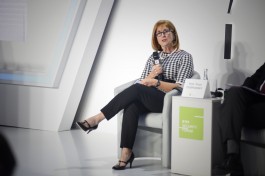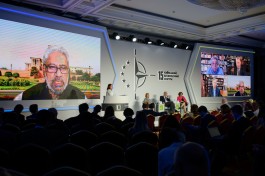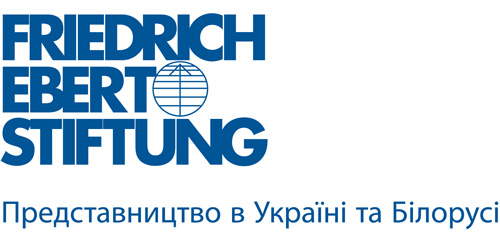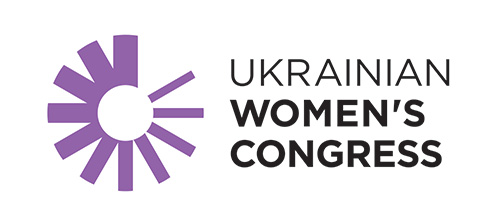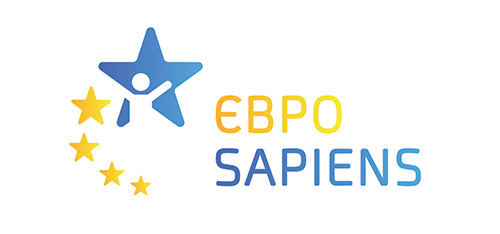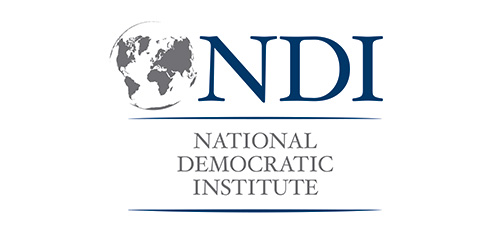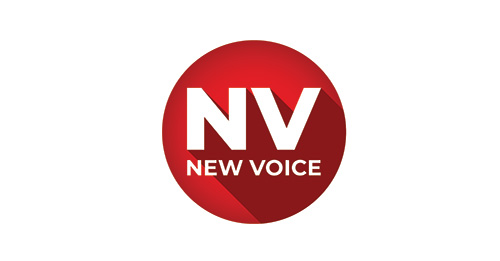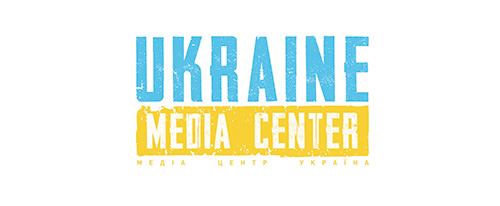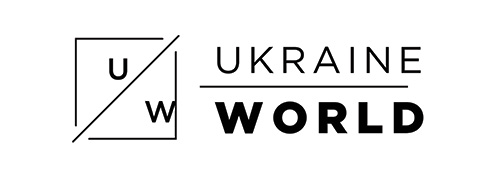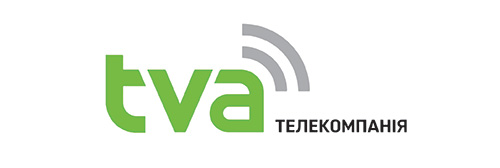Dmytro MELNYK: MODERN DEMOCRACY: DOES POWER REALLY BELONG TO THE PEOPLE IN THE MOST ADVANCED OF THE CENTURIES?
The political regime that practically all of us are familiar with today is ‘democracy’. It is the system of government, in which the only legitimate source of power is the people, who rule either directly or through freely elected representatives. This notwithstanding, the majority of people do not have a clear understanding of this assertion and do not put it to good use, including some policy makers and dictators who try to gain support from the people forming a single-party regime of power in a democratic society.
Dmytro MELNYK, Third-year student of the Institute of International Relations, National Aviation University
MODERN DEMOCRACY: DOES POWER REALLY BELONG TO THE PEOPLE IN THE MOST ADVANCED OF THE CENTURIES?
The political regime that practically all of us are familiar with today is ‘democracy’. It is the system of government, in which the only legitimate source of power is the people, who rule either directly or through freely elected representatives. This notwithstanding, the majority of people do not have a clear understanding of this assertion and do not put it to good use, including some policy makers and dictators who try to gain support from the people forming a single-party regime of power in a democratic society.
It is often the case when the terms ‘liberty’ and ‘democracy’ are used interchangeably, although by definition these words are not synonyms. However, historically, as the democratic idea was taking shape, every day more and more people were becoming the most active guardians of their own liberty working towards personal independence and attaining the real right ‘to elect and to be elected’.
Thus, Abraham Lincoln famous quotation that ‘democracy is the government of the people, by the people, for the people’ shows that relationships between the citizen and the state are vital for a democratic society. Freedom of speech, freedom of expression and freedom of religion are the unalienable rights for citizens to enjoy in a democratic society.
Restrict civil liberties and democracy will fade away: in what way people will exercise their power if there is no practical possibility to do so? In the opinion of Karl Popper, a British philosopher, democracy is both impossible and inexpedient. Democracy, in the proper sense of the word, is impossible even technically since there are no mechanisms to ensure direct rule of the people at all levels and on every issue. Democracy is also inexpedient as the absolute majority of the people lack competence in addressing specific issues of state administration.
First and foremost, modern democracy requires self-sufficient citizenry, broader legal consciousness and respect to authorities on the part of the people, who are intelligent and able to make own decisions for the benefit of their state.
Successful democracy requires active people since such people know that they are themselves responsible for the effective functioning of the government.
Democratic rule i.e. those elected into power by and accountable to the citizenry, protects the rights of a person, and citizens of a democratic society can thereby take civil responsibilities, perform duties and hence strengthen the entire society. At the very minimum, citizens have to care for their own awareness of those critical issues that face the people as only then will it be possible to vote meaningfully.
Given that the government is taken over by politicians who impose their rights and duties on the people such rights and duties being unacceptable in a democratic society, modern society is gradually loosing its democratic character. According to political anthropologists, a human being is not always ready for democracy being a creature that is self-contradictory, risky and dangerous, one that is easily influenced by external environment, easily manipulated and reasonable only to a certain extent. In this context, for those nations that are characterised by democratic orientation and democratic mentality, nations that are ready for individual freedom and responsibility, democracy does indeed offer the best opportunities for both individual and social growth as well as implementation of the humanist values of freedom, equality, justice and social progress.
By focusing on understanding the essence of democracy as the variety of forms for the people to express their will, striving wholeheartedly for the promotion of the fundamentals of democratic life, we often ignore an overwhelmingly important aspect of democratic theory and practice: democracy is not merely a form of government in which political power is vested in the people; democracy is a certain evolutionary equilibrium between the people and government, traditions and novations, human freedom and social duties. The essence of exercise in democracy is political evolution, whereby stability is generated by stability, novation rests on tradition and responsibility is the measure of liberty. Evolutionary progress towards formation of democratic fundamentals of existence of society is the guarantee of sound policy that rules out the possibility of coercive methods in a race for power. As sad as it sounds, the world today is full of numerous examples of irrational policy that results in destabilised countries.
And finally, there must be a deep understanding that modern global practice of transition from totalitarian or autocratic forms of government has proved that development of democracy is strongly influenced by maturity of a nation’s political elite and the role it plays in the national development process.
Unfortunately, today we still live the democratic choice rather than democracy as the way of life, thinking and self-realisation. Nevertheless, this is our life, our choice and our way to follow persistently and painstakingly.


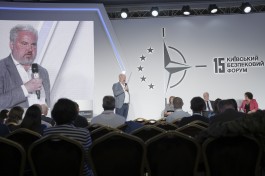
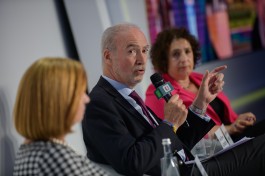
-tmb-265x176.jpeg)
